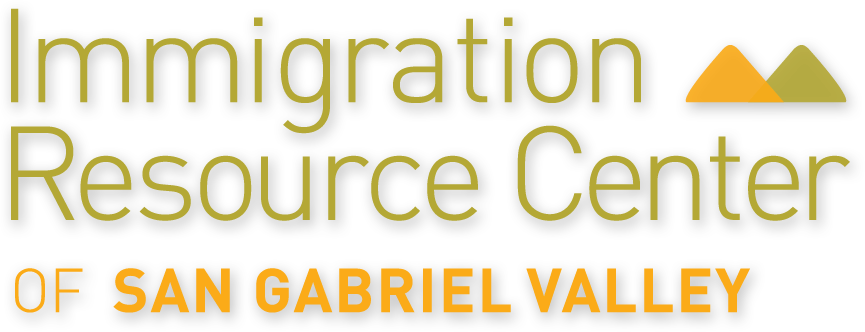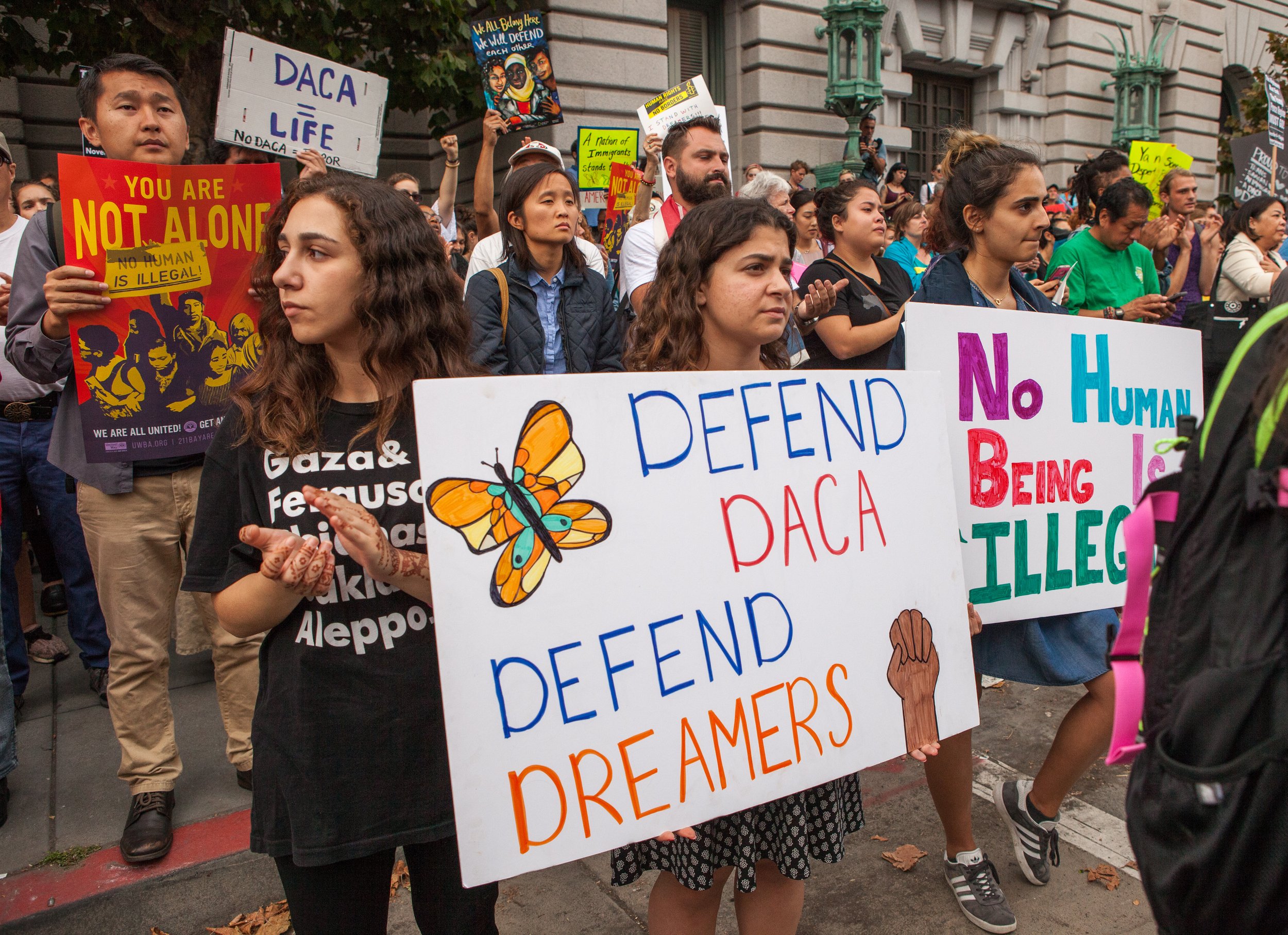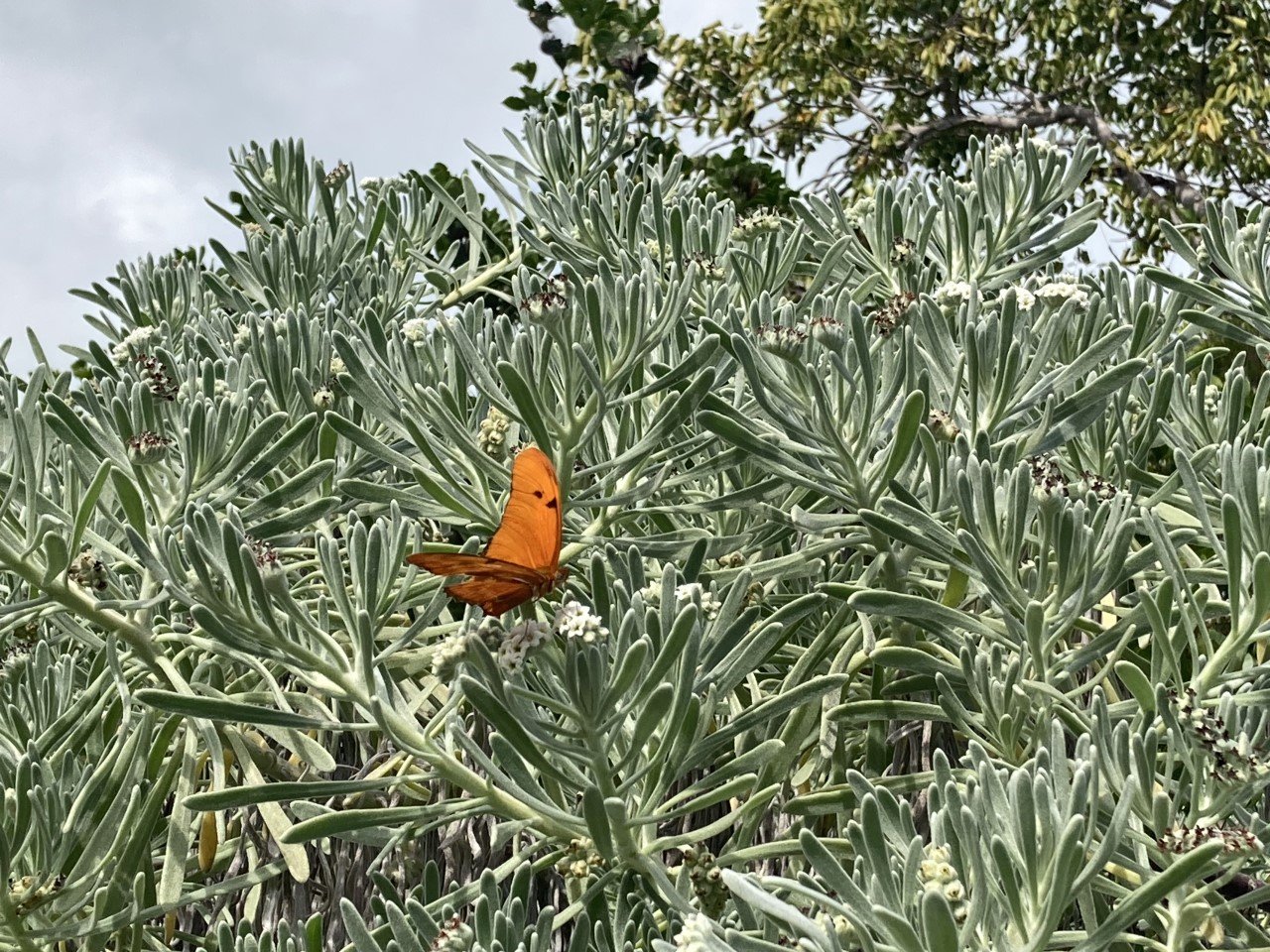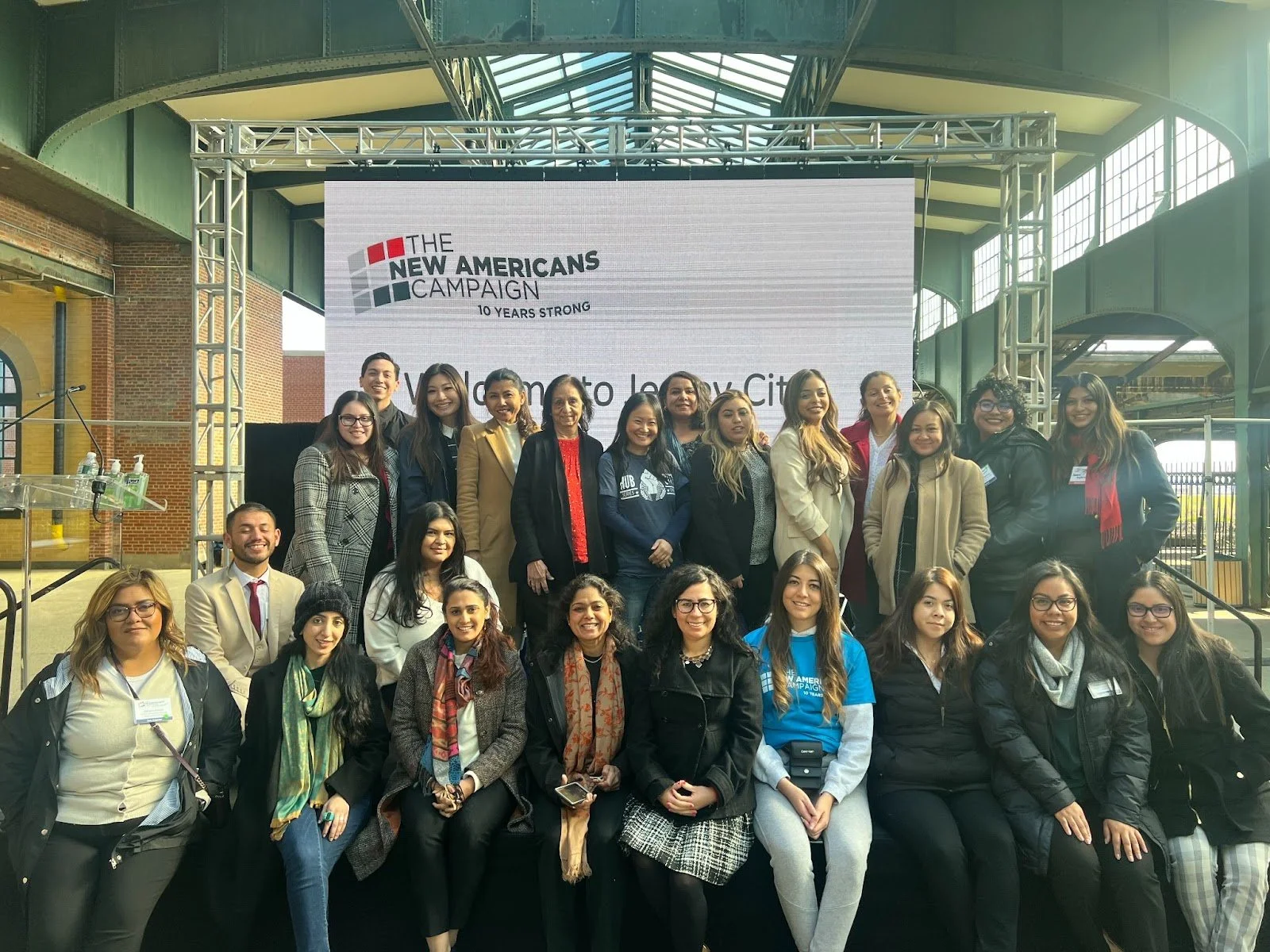On my first day of highschool, I met a girl named Juliana* in my Freshman biology class who soon became one of my best friends. She lived right across the street from school, with her mother, father, and two sisters. It was not long before I was visiting her house almost every day after school, where I got to practice Spanish with her parents, eat amazing food, and learn to flip hot tortillas with my hands. As a “member of the family”, I watched the World Cup with her family, was invited to dance in quinceañeras, and learned to play games like Lotería at countless sleepovers. My senior year, I learned that Juliana’s family was undocumented and had been living in fear of being deported all this time. When I learned this, my heart broke, and I made a secret promise to myself that one day I would help them and others like them.
Fast forward to 2014, I began working at a nonprofit youth mentoring organization, and became devoted to the community of Azusa and its families. I never forgot about my promise to someday help Juliana and her family. One summer I learned about the Department of Justice (DOJ) Recognition and Accreditation (R&A) program. Accreditation would allow someone like me to be able to operate under an approved nonprofit providing immigration legal services and actually be able to provide legal services under the supervision of an attorney. I knew I needed to be able to get the training without leaving my job, and wanted to be able to accumulate broad knowledge quickly. As I researched, I found a program called VIISTA (Villanova Interdisciplinary Immigration Studies Training for Advocates), the first of its kind to provide affordable, 100% online, and asynchronous education to train immigrant advocates to become Accredited Representatives. I signed up and started the program in August of 2021.
In September 2022, I found the IRC and started volunteering 10 hours a week. The staff of the IRC immediately began to invest in me, provide training, love, and support. As a result, I am now a Fully-Accredited Representative! My dream to help Juliana was about to come true. Soon, I was able to connect with Juliana again and become her legal representative. Together, we successfully applied for her Advance Parole, allowing Juliana to have permission to legally leave the US and return, and opening up a pathway for her to now apply for a Green Card.
Because of this journey, she will be able to have more stability with her husband, have children, and in a few years apply for naturalization and petition for the rest of her family to have permanent residency as well. I’ve promised her family that I will personally represent them with every part of the process. It will be a long and arduous journey for them, but one that has become possible for the first time since they arrived in the US escaping violence and poverty 25 years ago.
I am eternally grateful for the Accreditation and Recognition Program, and to the IRC, for the gift of being able to give back to a family who has shaped me into who I am, and to serve other families like them.
Brianna Greer
*Name changed for privacy




















